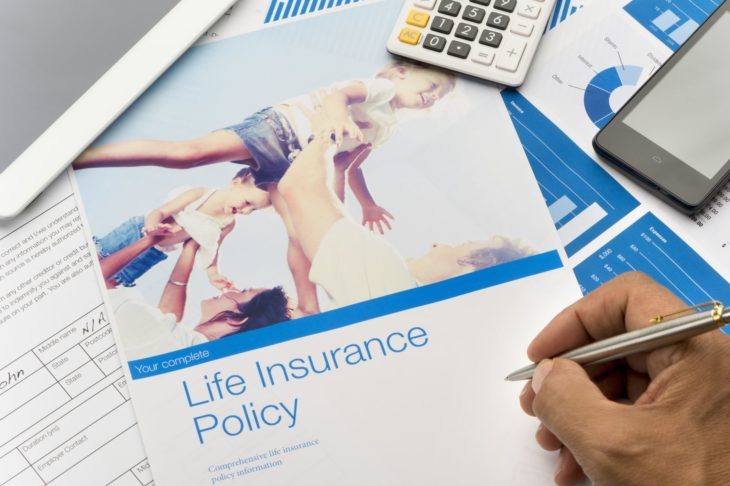There are all sorts of rules out there that were made to be broken. You can’t wear white after Labor Day; “beer before liquor, never sicker”; “just say no”; “don’t do it on the first date” … they don’t necessarily serve you best, you know? Financial “rules” are no different, says Manisha Thakor, a personal finance expert. So which ones are worth following and which ones should you ignore? She gives us the real deal, after the jump!
Contents
1. Always invest in stocks if you’re young

Source: bizwatchnigeria
Thakor says that this is a rule you should follow but totally ignore UNTIL you have paid off all credit card debt (and any other double digit debt) and IF you can afford to leave that money in the stock market for at least five years. Stocks are like a roller coaster, and they go up and down unexpectedly. “While I believe they will still be a solid long term investment, you don’t want to put money in them unless it can finish out the ride—just like you wouldn’t want the roller coaster operator to hit the off button when you are only halfway through the ride,” Thakor explains.
2. Renting is like throwing money down the drain

Source: lawdonut
It may be billed as the “American Dream,” but home ownership shouldn’t always be the ultimate goal. “If you are in the early stages of your career, it is often much better to rent so that you can remain flexible so that if your dream job or dream mate appears, you can move easily,” Thakor advises. Thakor says that you should not buy a house unless you can afford to put 20 percent down, can expect to live there at least 5 years and can purchase a property where the total cost of home ownership (your mortgage, insurance, property tax, and that very important upkeep) are ideally 25 percent or LESS than your income.
3. Credit cards are bad

Source: Fit Small Business
Credit cards aren’t bad—it’s the way some people use credit cards that’s so bad. Used as a source of convenience they can be good if—and only if— you pay off your bill every month on time and in full, Thakor says. Used this “good” way, credit cards also help build up your credit score. When credit cards become bad is when you charge things on them that you can’t afford to pay off in full when the bill comes.
4. You can never spend too much on a good education

Source: Slovenske novice
It used to be that with a college or graduate degree, your earnings typically increased much faster than it would take time to pay back the dough you spent on your schooling. Today, however, the cost of education has skyrocketed, and it no longer makes sense to take out $100,000 in student loans for a career where your salary will top out at $50,000 a year, Thakor says. And unlike other types of debt, student loans don’t even go away if you declare bankruptcy (which is, of course, something you’d hope wouldn’t happen). “My rough rule of thumb is that unless that education is going to dramatically change your life, don’t take out more in student loans than you think you will earn on average in your first 10 years out of school,” Thakor suggests.
5. Buy life insurance

Source: thebalance
If you don’t have dependents (or, as others call them, “children”), Thakor says you don’t need life insurance. “The purpose of life insurance is to make sure that anyone who is totally dependent upon your income will have enough time and money to get on their own two feet financially after you kick the can,” she says. For 99 percent of people, this means kids. So wait until you have some of your own before you contact the MetLife folks.
Original by Chelsea Kaplan
